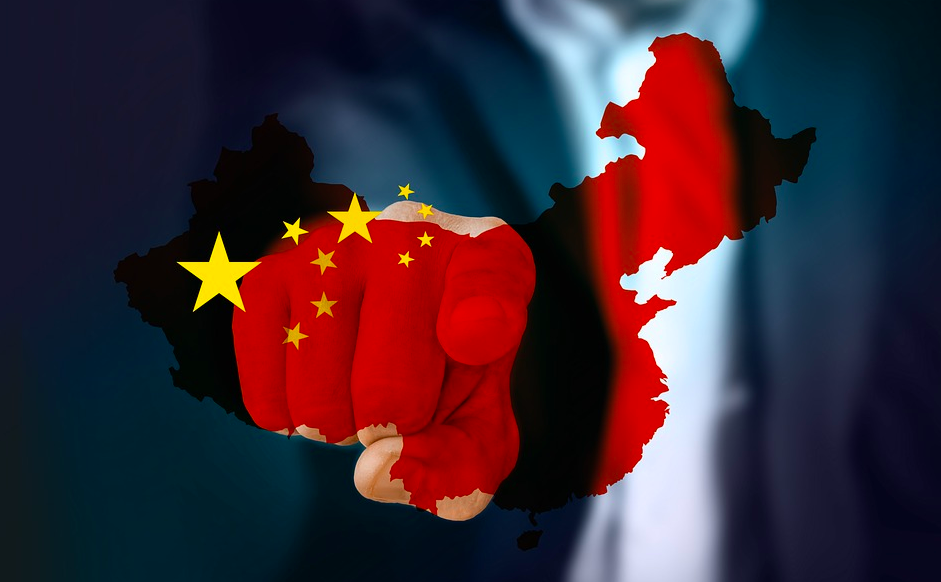Given that China will become the largest economy in the world soon, if it is not already, now might be a good time to learn something more about the leader of this nation of 1.3 billion people. Xi Jinping is general secretary of the Communist Party of China, the president of the People’s Republic of China and the chairman of the Central Military Commission.
He was born in 1953 in Beijing. His father, Xi Zhongxun, was a communist revolutionary leader in the People’s Republic of China and is regarded as being from the first generation of Chinese leaders since the revolution. After Xi Jinping graduated from Tsinghua University, he started his political career in a coastal province of China. From 1999 to 2002, Xi worked as the governor of Fujian, a southern province in China. Afterwards, he moved to Zhejiang Province, a neighbor to Fujian, where he served as the governor as well as the party secretary during 2002-2007.
From 2008-2013, Xi served as the vice president under Hu Jintao and also as the secretary in Shanghai, the economic center of China. In March 2013, Xi became the leader of China’s fifth generation and is often referred to as the Paramount Leader.
As the president of China, Xi has shown his preferences towards certain domestic and foreign issues. Specifically, Xi is running a campaign against corruption; leading economic reforms; and taking assertive actions towards border issues and in Sino-Japanese relationships.
In foreign policy, Xi has pursued an aggressive approach to many controversial issues such as the South Sea Islands claimed by Japan, China and even other members of ASEAN (Association of Southeast Asian Nations). This may be due to the overall size of the powerful Chinese economy. For instance, recently, Xi built military installations in the disputed waters of the South China Sea. This militarizing trend demonstrates Xi’s aspiration towards controlling gas and oil reserves in the area. His actions have triggered the United States’ attention and increased its distrust of China.
Nevertheless, China seems to be determined to assert its economic control in what it may consider its sphere of influence. An analyst from Hong Kong, Willy Lam, said, “On one hand, China is trying to ease tensions; on the other hand, it’s staking out bigger claims in the South China Sea.”
Xi has also made great efforts to move beyond China’s old cheap-labor, cheap-capital, export-driven model to a technology-oriented strategy. Xi has seen that the reformed marketplace should participate more in the allocation of resources. The misallocation of the resources caused huge waste over the past 20 years, thus this reform in allocation policy has become mainstream during Xi’s tenure. China’s turn to the market economy is not complete, but the speed of reform is quickening around these issues.
Xi’s far-reaching anti-corruption campaign is probably his hallmark effort. He is dedicated to cracking down on government corruption, which many see as the chief problem in China over the last 10 years. Currently, China has prosecuted thousands of corrupt officials and is actively pursuing more, especially those who control borders. Xi’s campaign is having profound influence on Chinese political culture too. Local and national government leaders no longer cooperate in questionable ways with businesses like they formerly did.
The Communist Party’s power has been re-established during Xi’s presidency, and it is once again seen as the pinnacle of national leadership. No doubt, Xi is seen as the de facto leader of the Communist Party.
The Chinese Communist Party – Learn More: Act Now
John Hoffmire is director of the Impact Bond Fund at Saïd Business School at Oxford University and directs the Center on Business and Poverty at the Wisconsin School of Business at UW-Madison. He runs Progress Through Business, a nonprofit group promoting economic development.
Yujia Luo, Hoffmire’s colleague at Progress Through Business, did the research for this article.





